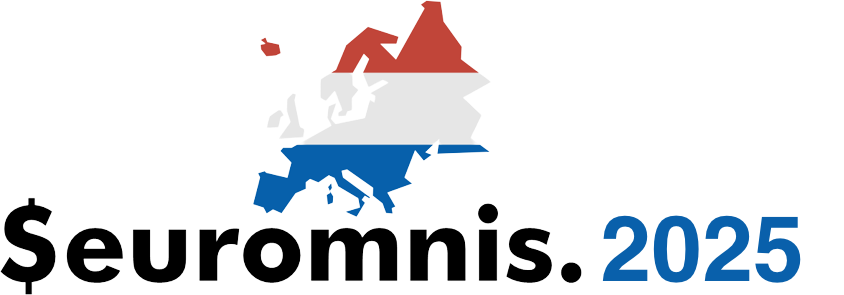4 days / 20 talks
Awesome and great speakers

Robert-Andreas Schöning
In the last 25 years, he has used several development tools and methodologies such as Oracle Tools, Oracle ERP, Oracle CRM, Oracle BI, VBA, SQL Server, SOAP/Web Services, Restful Webservices, Object Relational Mapping, CRM Business Process Design, Database Design and Structured Application Design. These tools and concepts are very useful in building complex system and program architectures.
Robert began his career in academia as a scientist in the field of inorganic chemistry. He found a love for software development in 1998 after working with Studio 2.0. He currently works as a freelance developer and software engineer / architect.
Omnis Beginners Workshop – 1 of 3 – The IDE, your first web form, and connecting to the database
In this session the usage of Omnis studio is shown from scratch, exploring the IDE with all elements and how to use it. In the hands on part of this session a small “Hello World” web application and database access is developed.
This session is best for new users that have limited or no exposure to Omnis Studio.
Concepts Covered
- The IDE
- IDE Hub
- Compare Editions of Studio
- Class Browser und Classes
- IDE Elements and Properties
- Method Editor (Commands, Notation, Variable Scope)
- Notation Inspector – changing things on the fly
- Catalog – indispensable summary of tables, views, constants, functions, and events
- Component Store – where to find your objects
- The Debugger
Code built and knowledge gained
- for your first Webform
- Serverport
- Remote Task
- Remote Form
- Hello World
- Connecting To a database
- DB Credentials: PostGres vs. SQLite
- Omnis SQL Browser
- SessionObject and DAM: Create Login
- Session vs SessionPool – comparison
- Schema from Table
Omnis Beginners Workshop – 2 of 3 – Business logic and the the first application web form
This session covers the creation of a simple web application where data from a CRM database can be maintained. The main Omnis classes that are needed will be explained in detail as well as the use of the method editor and how to debug. Initially, a list/detail form will be created which afterwards will be refined to a more complex application.
This session is best for Omnis Studio beginners that are able to use the Omnis IDE (which you would if you attend the first part of this workshop, or if have been developing in Studio for a while)
Concepts Covered
- Programming Business Logic
- the Omnis Wizards
- Schema class
- Table class
- Window class
- Remote Task and Form
- Method Editor and debugging
- Model-View-Controller design pattern
Completing an application
- Frame Form
- Navigation
- Data Form List
- Data Form Detail
- FormHandler
